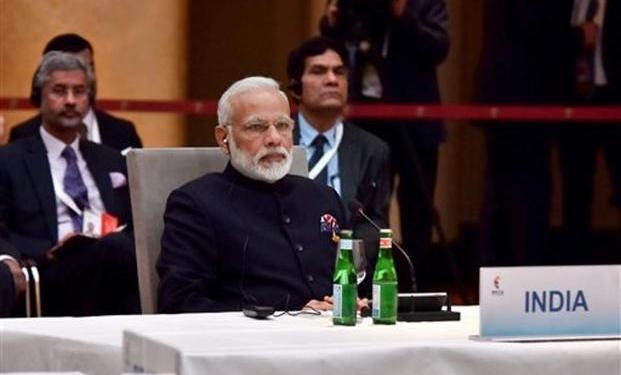India has presented a 9 point action plan for active cooperation among G-20 countries to efficiently deal with fugitive economic offenders like Vijay Mallya and Nirav Modi. Offenders like them are not limited to India, there are a number of such cases in other G-20 member countries like the United States, Russia. Therefore enhanced cooperation between countries on such much matters will make sure that the offenders are brought to justice. The presented action plan has called for devising a mechanism that will deny entry of economic offenders in the member countries. If such a mechanism would have been in force earlier, Vijay Mallya could not have taken refuge in London.
Additionally, the action plan further calls for legal cooperation such as the early return of economic offenders to the home country and efficient repatriations of crime proceeds. The government action plan also tried to encircle the non G 20 member countries for ‘International Cooperation’ as per principals of United Nations Convention against Corruption (UNCAC), United Nations Convention against Transnational Organized Crime (UNOTC). Indian government suggested for the strengthening of Financial Action Task Force (FATF). FATF is an intergovernmental organization founded in 1989 by G7 (a group consisting of Canada, France, Germany, Italy, Japan, the United Kingdom, and the United States) to develop policies to combat money laundering, and in 2001 its mandate expanded to include terrorism financing. The FATF prepares two lists the ‘blacklist’ and ‘Grey list’. If a country is included in the black list then it has to face international sanctions, although the actions against a grey list country are very minimal.
India is of the view that FATF should assign priority to cases and should focus on the timely exchange of relevant information between Financial Intelligence Units (FIUs) and other competent law enforcement agencies. A commonly agreed procedure should be set up to deal with Fugitive economic offenders. “A common platform should be set up for sharing experiences and best practices including successful cases of extradition, gaps in existing systems of extradition and legal assistance, etc,” suggested India. “G-20 Forum should consider initiating work on locating properties of economic offenders who have a tax debt in the country of their residence for its recovery, suggested the Action Plan,” it added.
The Indian government has recently tightened rules to bring Fugitive Economic Offenders like Vijay Mallya to justice. The Fugitive Economic Offenders ordinance was approved by cabinet in April this year to address the issue of economic offenders like Vijay Mallya and Nirav Modi avoiding criminal prosecution. The ordinance defines a fugitive economic offender as “a person who has an arrest warrant issued in respect of a scheduled offence and who leaves or has left India so as to avoid criminal prosecution, or refuses to return to India to face criminal prosecution.” The government is creating a master list of all economic offenders to bring them to justice. Some 31 suspected economic offenders have fled the country to avoid prosecution. The people on the list include Nirav Modi‘s wife Ami Nirav Modi and son Neeshal Modi, liquor baron Vijay Mallya, cricket czar Lalit Modi and arms dealer Sanjay Bhandari. The Central Economic Intelligence Bureau (CEIB) which is an intelligence agency responsible for gathering information and monitoring the economic and financial sectors for economic offences and warfare has been entrusted with the task to create the list. All other economic offence investigation agencies such as the Enforcement Directorate, CBI, capital markets regulator SEBI, the tax department, the customs department, and the Directorate of Revenue Intelligence will be providing inputs for the list.
The strengthening of domestic law and global cooperation will help the government to prosecute economic offenders in limited time.




















